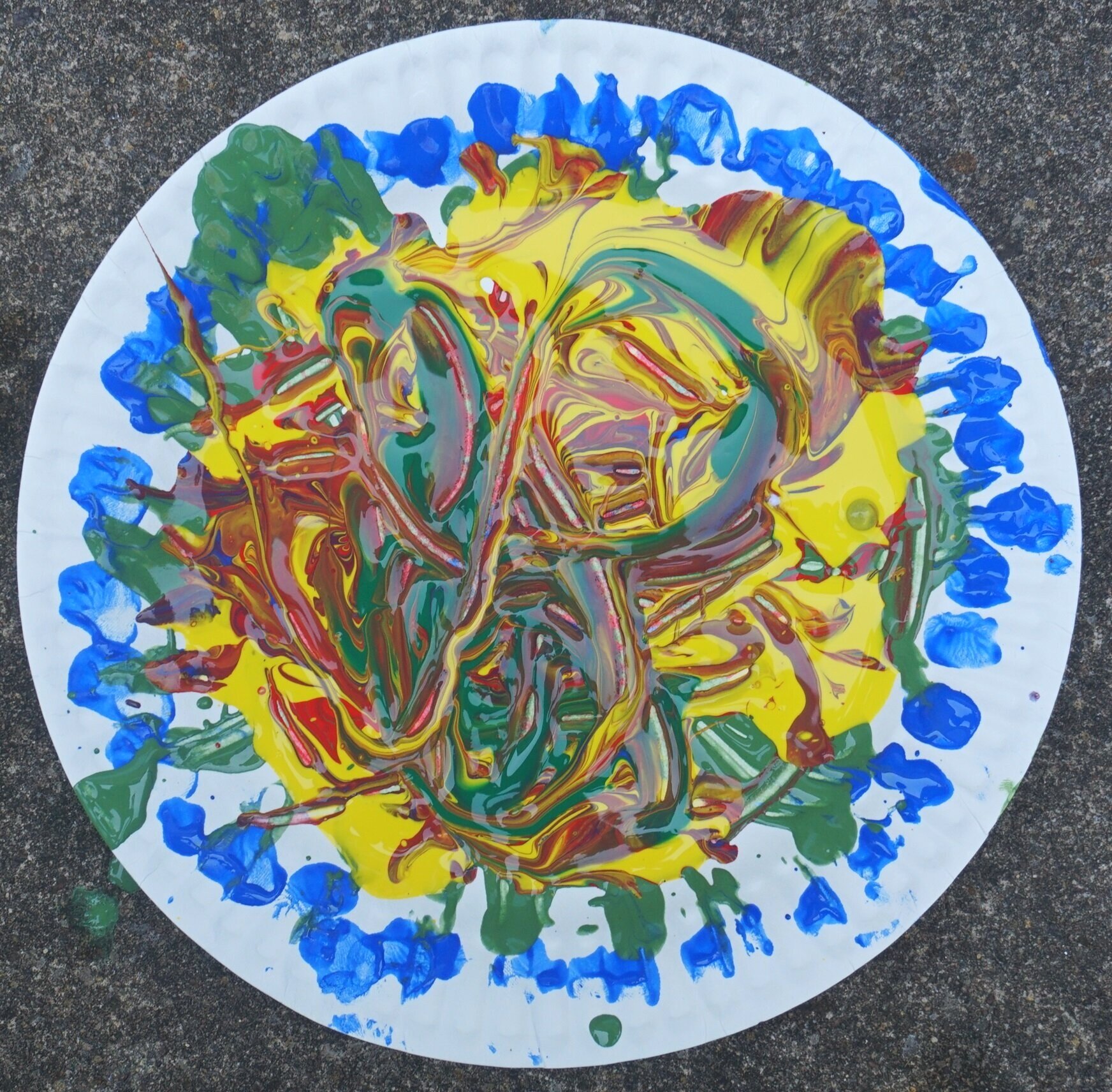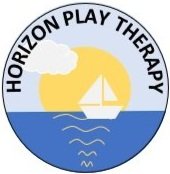
FREQUENTLY ASKED QUESTIONS
The Answers You Need
If you are accessing or investigating therapy for the very first time. Below you will find the answers to questions that parents, carers and professionals may ask about therapy.
If you can not find what you’re looking for, then please do get in touch.
WHAT HAPPENS DURING THERAPY?
Depending on the primary therapy approach children, young people and adults can explore freely, engaging in spontaneous acts such as playing with toys or using figures in the sand. At other points they may involve themselves in specific activities, such as drawing scenes, using puppets to act out events, creating a scene in a sand tray, telling stories, or playing specially designed therapeutic board games. Children, young people and adults also have the opportunity to use the relationship they build with the therapist to talk about their feelings, relationships and the strengths and difficulties in their lives. The session is usually led by the individual(s) although the initial and final sessions may include a little more direction to help everyone settle in or finish up.
HOW DOES THERAPY WORK?
Therapy is often non-directive, which means children, young people and adults can choose how and what they do in therapy. Boundaries are clearly set at the start of therapy so everyone understands what is expected and to ensure that everyone including the toys or other materials are kept safe and nothing is purposely broken. The individual(s) can then choose to play or explore using any of the materials in an unrestricted way. Depending on the chosen therapy, the therapy toolkit includes art, clay, music, sand tray, movement, talking, role-play, therapeutic storytelling, puppets and masks. The therapist's role is to interact with the child, young person, adult or group in a consistently warm, accepting and respectful manner building trusting relationships. The therapist may direct but often follows the individuals lead and participates in their activities when invited, as well as providing observations and reflections which may help the individual(s) to learn more about themselves and their world.
WHO CAN BE HELPED BY THERAPY?
Horizon Play Therapy intends to help children, young people, families and adults with a wide range of social, emotional and behavioural difficulties alongside Autism Spectrum Disorder/ condition. These include; trauma/s or major life changes, hyperactivity and attention disorders, mental health illness, anxiety, depression, young carers, siblings of disabled people and disabled people, people experiencing life-limiting conditions, behaviour problems, and individuals who are struggling to manage social, work and academic difficulties.
HOW OFTEN DO THERAPY SESSIONS HAPPEN?
It is best for people to attend therapy for a 50-minute session once per week. The sessions are ideally held at the same time, in the same place each week. It is important to think carefully about when, where and how sessions will take place to ensure that the schedule can be maintained throughout the block of therapy. Understandably on rare occasions, it may be necessary for the session(s) to be cancelled, which will be carefully managed.
HOW EFFECTIVE IS THERAPY?
Therapy in many instances is certainly a useful tool that can offer effective relief for a multitude of difficulties. Therapy can also enhance cognitive and physical behaviours. It can improve relationships, enhance learning capacities and improve general health and well-being. Therapy is frequently used to help confront health problems related to illness or accidents. Often, in the relaxed environment created by the therapist, the children, teenagers, young people, adults and professionals may find themselves able to express their concerns about more serious issues that are worrying or affecting them.
Depending on the difficulties the individuals are facing, Horizon Play Therapy can definitely help although no-one can guarantee the therapy outcomes for each and every individual. Not all kinds of emotional or behavioural problems are best treated by one individual therapy therefore a combination of therapies may be required. The therapist aims to use a flexible approach depending on the needs of the individuals involved. (Self-)Referrals are always carefully assessed and considered for the individual’s suitability and the appropriateness of the therapy intervention.
HOW LONG DOES THERAPY LAST?
Research indicates that twelve sessions seem to be the minimum number of sessions required for effecting significant and lasting improvement. Sometimes, individuals can make progress in a shorter time frame if they have already worked with the therapist previously. The length of therapy varies for every person and there is really no way to judge how long the process will take. Many factors can play a role in how long an individual will require therapy or benefit from therapy. These include consistency with attendance, past and current environmental factors, family or social support systems, the nature and duration of the symptoms. Unfortunately, funding sources can also influence the length of therapy, therefore, therapy should not be started if the length of funding is unlikely to be sufficient to meet the individual’s needs due to the impact this might have on their therapeutic journey. The number of sessions that might be required to optimise the outcome of therapy will always discuss with you - I will never recommend further therapy when I do not feel it is essential.
CAN I ATTEND INDIVIDUAL THERAPY WITH MY CHILD?
No, individual therapy involves the child or young person working with the therapist alone. Therapy provides a safe and confidential space for individuals to work through their experiences and difficulties. Children and young people are free to share details of their sessions with whomever they like if they choose to. The therapist will not tell others what they do or say in their therapy sessions. However, the therapist likes to meet with parents/guardians and at times other professionals regularly to discuss the child or young persons progress within therapy.
Horizon Play Therapy is aiming to offer SandStory Therapy shortly, where families can attend and work together through the therapy journey.
If an individual speaks of anything that suggests that they or someone else is in danger, then confidentiality will be lifted and if necessary appropriate authorities will be contacted. Where appropriate the individual will be informed that this is happening and where possible the therapist will discuss concerns with the parents/guardians first.
If your child/teenager attends individual face-to-face therapy you will be expected to wait in a waiting area for the duration of the session. However, if therapy occurs at school or a similar childcare organisation you will not be expected to be present if an adult assuming parental responsibility is present. During Tele-Play therapy a parent/ guardian needs to be available/ contactable in case of technical issues.
CAN THE THERAPIST TELL ME WHAT IS HAPPENING IN THERAPY WITH MY CHILD/TEEN?
Although the therapist cannot share the details of the sessions, the therapist is happy to share developments with you. The child or teenager will always have a say in what is discussed. A minimum of 3 parent meetings over the block of therapy intervention is recommended, with one occurring at the beginning, middle and end of the therapy process. Parents are able to contact the therapist in between sessions if they have any questions or concerns.
DO YOU OFFER HOME VISITS?
No, but Tele-Play therapy can be undertaken in the home. Horizon Play Therapy believes that it is best for face-to-face therapy to take place in a neutral location or in the child or young persons school. This helps to maintain the therapeutic process. If you are considering Autism Support then this may be provided in the home depending on the needs and circumstances.
ARE THERE DIFFERENT THERAPY APPROACHES?
Yes. Therapists usually vary their approach depending on what may benefit the individual(s). Therapists can take a non-directive approach, limiting their interventions to reflecting on the child or young persons actions and verbalizations. They may also interpret the underlying feelings and conflicts that are being highlighted. At times therapists may actively participate in the process. Therapists may also use a more directive approach where they direct the individual with specific games or activities that might assist them in resolving particular issues.
HOW DO I MAKE A REFERRAL FOR THERAPY?
Referrals are accepted from parents/ legal guardians, fostering and adoption charities/organisations, social workers, GP's, clinical psychologists, teachers, learning mentors, and other agencies. Therapy can only be undertaken with the consent of the person/s holding legal guardianship of the child or young person.
To refer a child, young person or yourself for therapy or to make an enquiry regarding autism support, please contact Horizon Play Therapy by:
E-mail: Horizonplaytherapy@gmail.com
Phone: (+44) 07926 401387
Or using the form below.
If your question is still not answered,
Please don't hesitate to...
Get in Touch
“It is in playing and only in playing that the individual child or adult is able to be creative and to use the whole personality, and it is only in being creative that the individual discovers the self’.”
~ Donald Woods Winnicott ~

